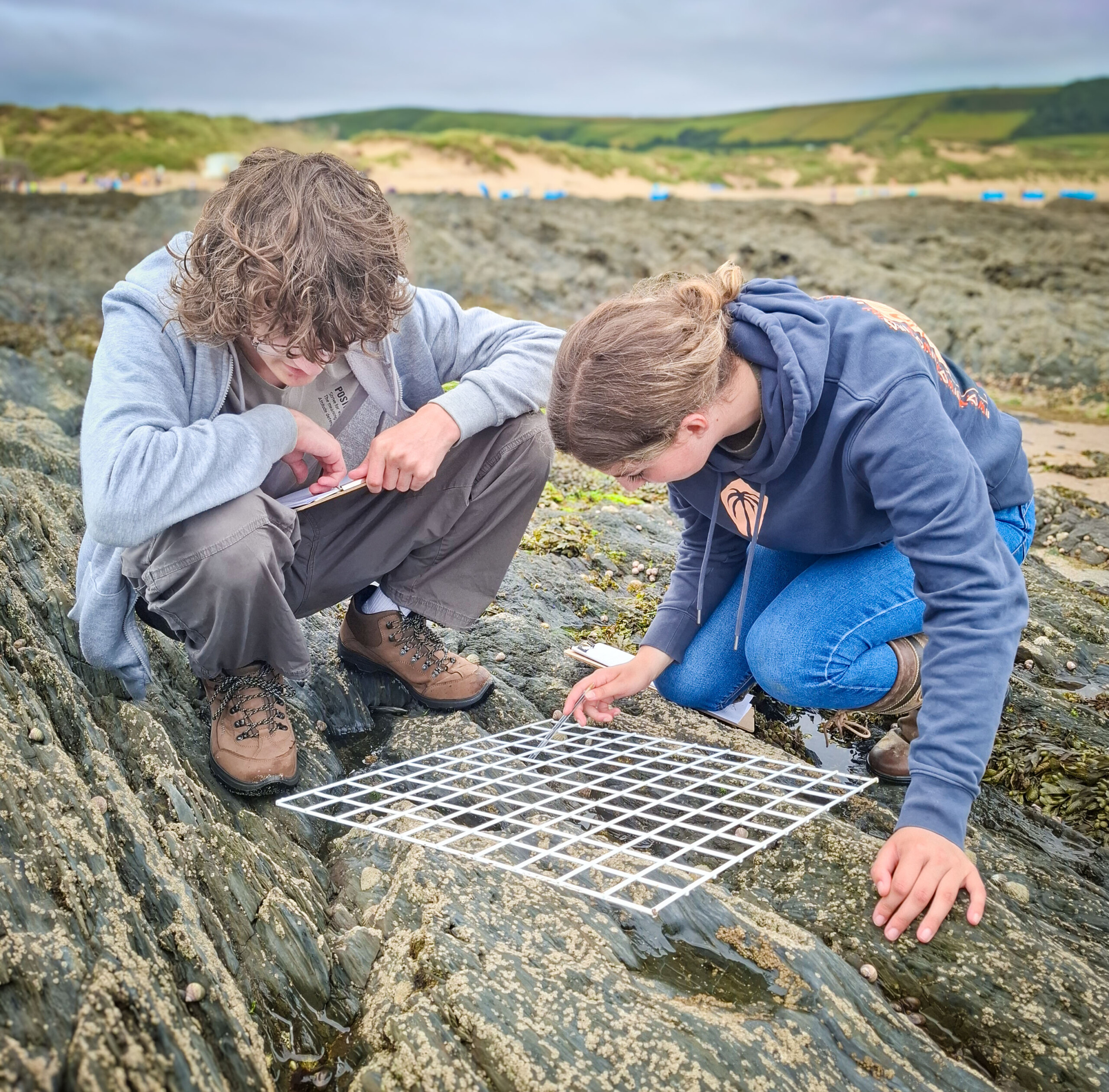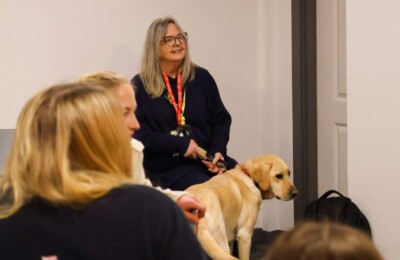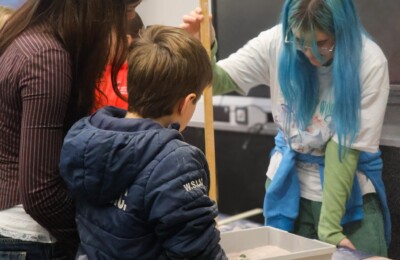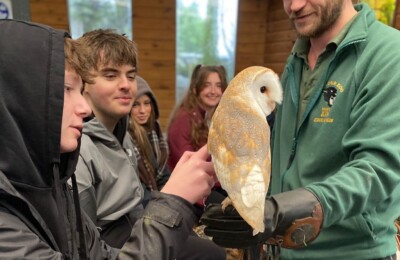North Devon College Environmental Science Students Investigate Pollution in Local River and Coastal Ecosystem

Our Environmental Science students have been taking science out of the classroom and into the field recently, as they investigate the health of the River Caen in Braunton and the biodiversity of Croyde beach.
As part of their environmental fieldwork module, students are examining whether the River Caen is polluted by using a combination of biological and chemical testing methods. Their investigation includes water chemistry analysis and the study of freshwater organisms, which act as natural indicators of river health.
One of the highlights of the trip is kick sampling, a hands-on method where students wade into the river and disturb the sediment to catch species such as mayfly nymphs, caddis fly larvae, and even the occasional bullhead fish. These aquatic invertebrates are vital for assessing water quality, as their presence (or absence) can reveal the extent of pollution.
In addition to the river study, the group also travelled to Croyde beach to carry out ecological sampling on the rocky shore. There, students learned to identify various species of seaweed and invertebrates while exploring the changes in biodiversity across the intertidal zone, the area exposed to air at low tide and submerged at high tide.
“This kind of fieldwork is essential for developing the practical skills and ecological understanding our students need for future careers in environmental science,” said Liz Garnett, course tutor. “It’s also a great opportunity for them to connect with the local environment and see real-world science in action.”
The trip provides valuable experience in ecological surveying techniques and reinforces the importance of protecting local aquatic ecosystems, both freshwater and marine.



